Mold Removal Services
The certified technicians at we are available to help homeowners tackle specialty cleaning projects around the house like air duct and HVAC cleaning, biohazard cleaning, odor removal, graffiti cleanup and so much more.
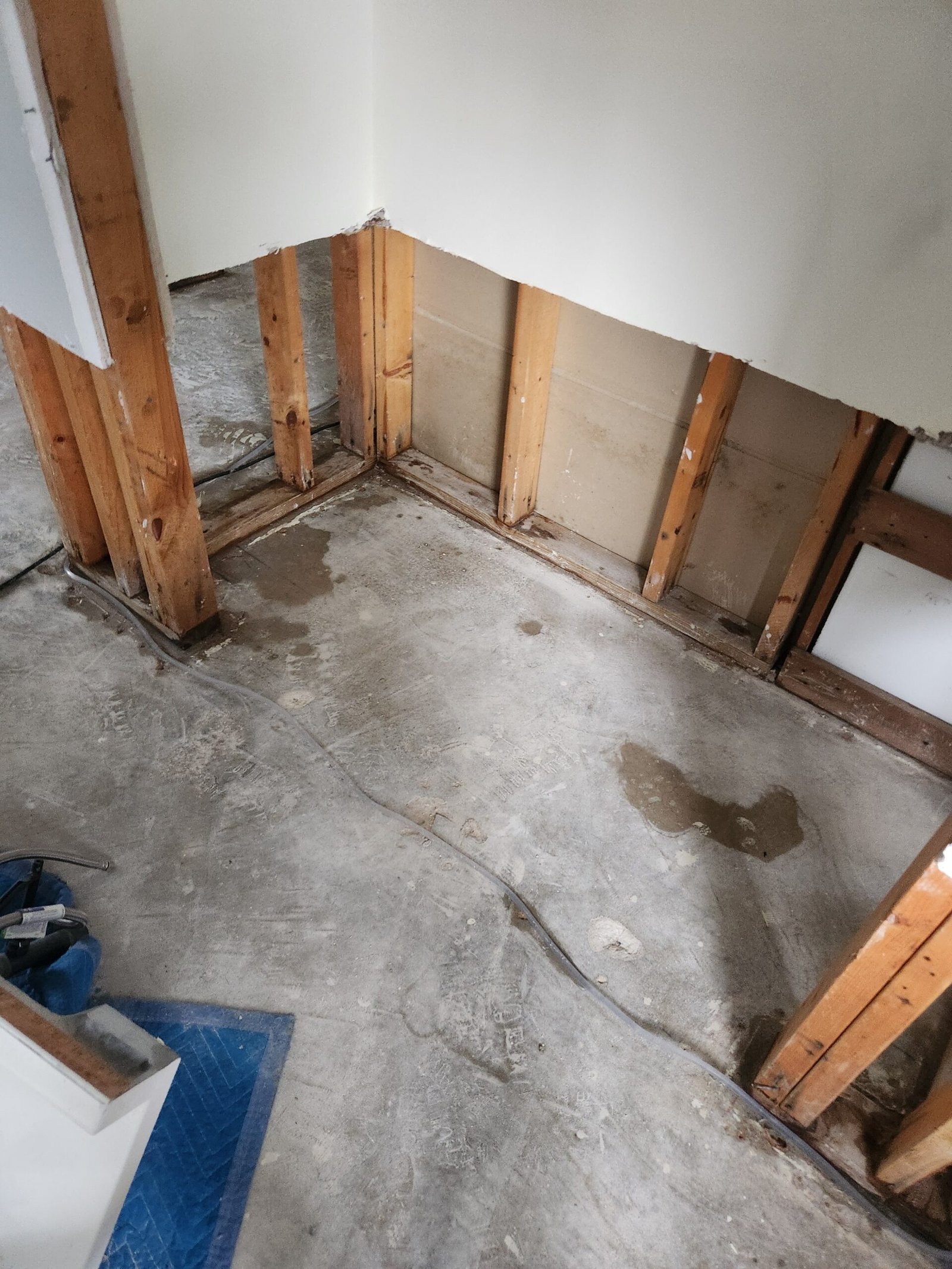
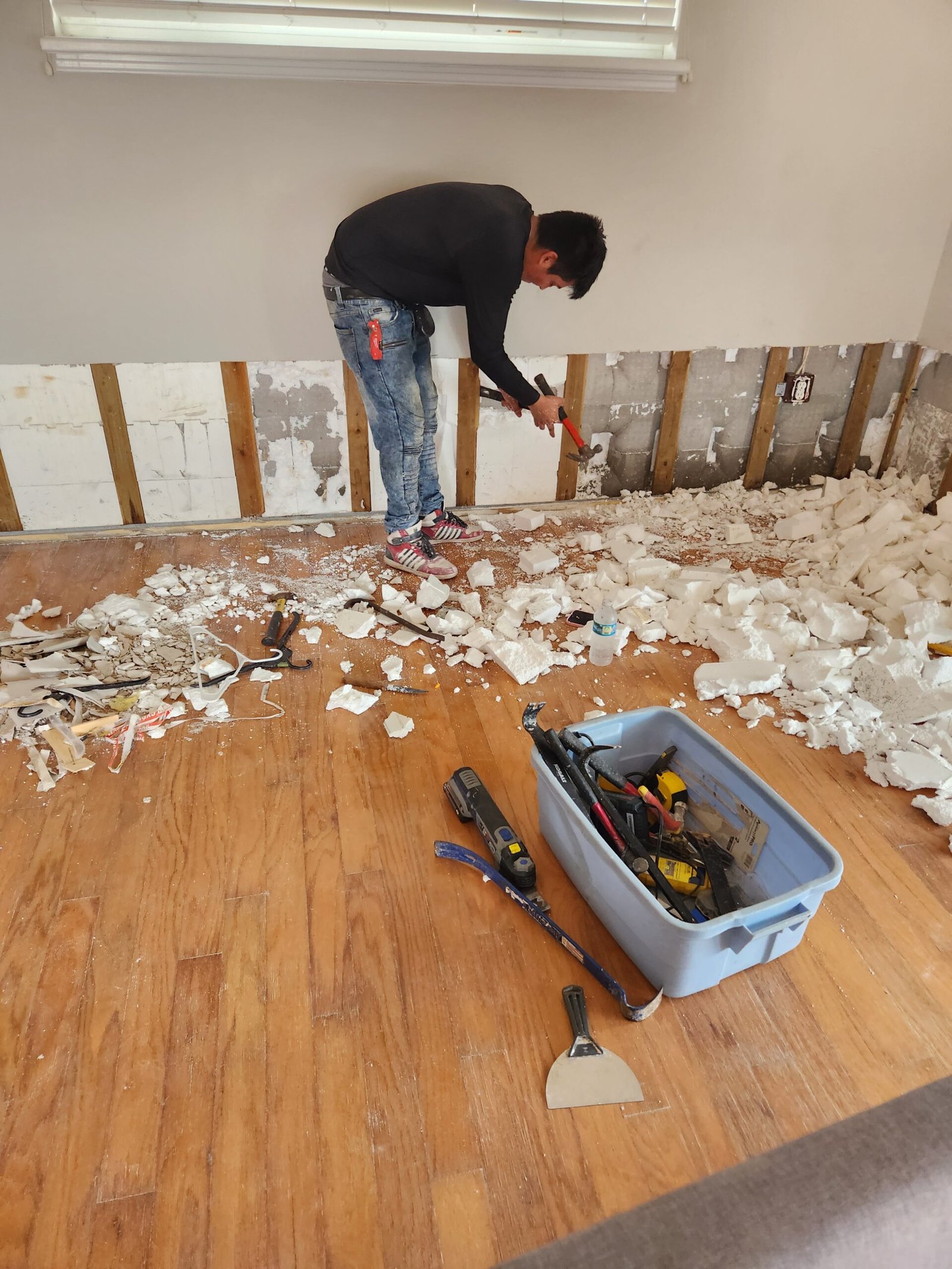
Mold Remediation and Removal for Business
ProServe.Co is a Leader in Fire Damage Restoration
Have another question?
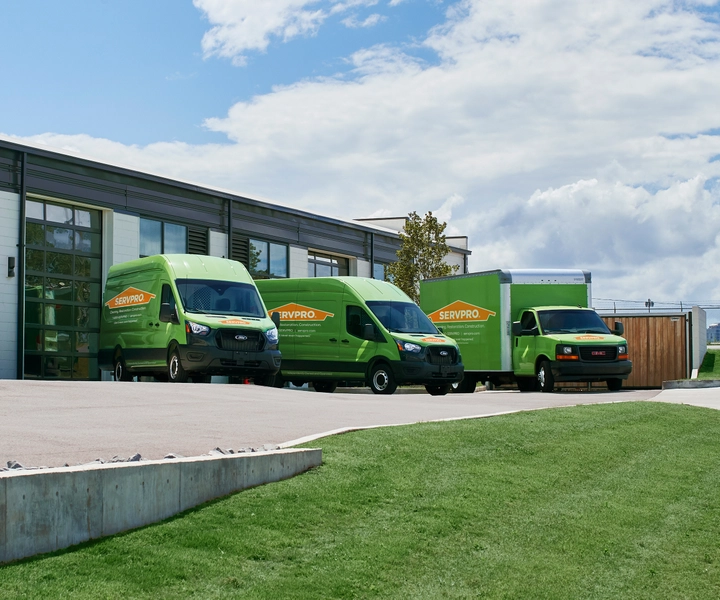
Getting Back to Business Quickly After a Fire
Why Choose us for Mold Removal Service?
Provide 24/7 Emergency Service
If an emergency has left your home in immediate need of our services, we will respond quickly to help prevent further damage and lessen the cost of repairs.
Highly Trained Technicians
Our professionals are trained to the highest standards and are backed by state-of-the-art equipment and more than 50 years of experience.
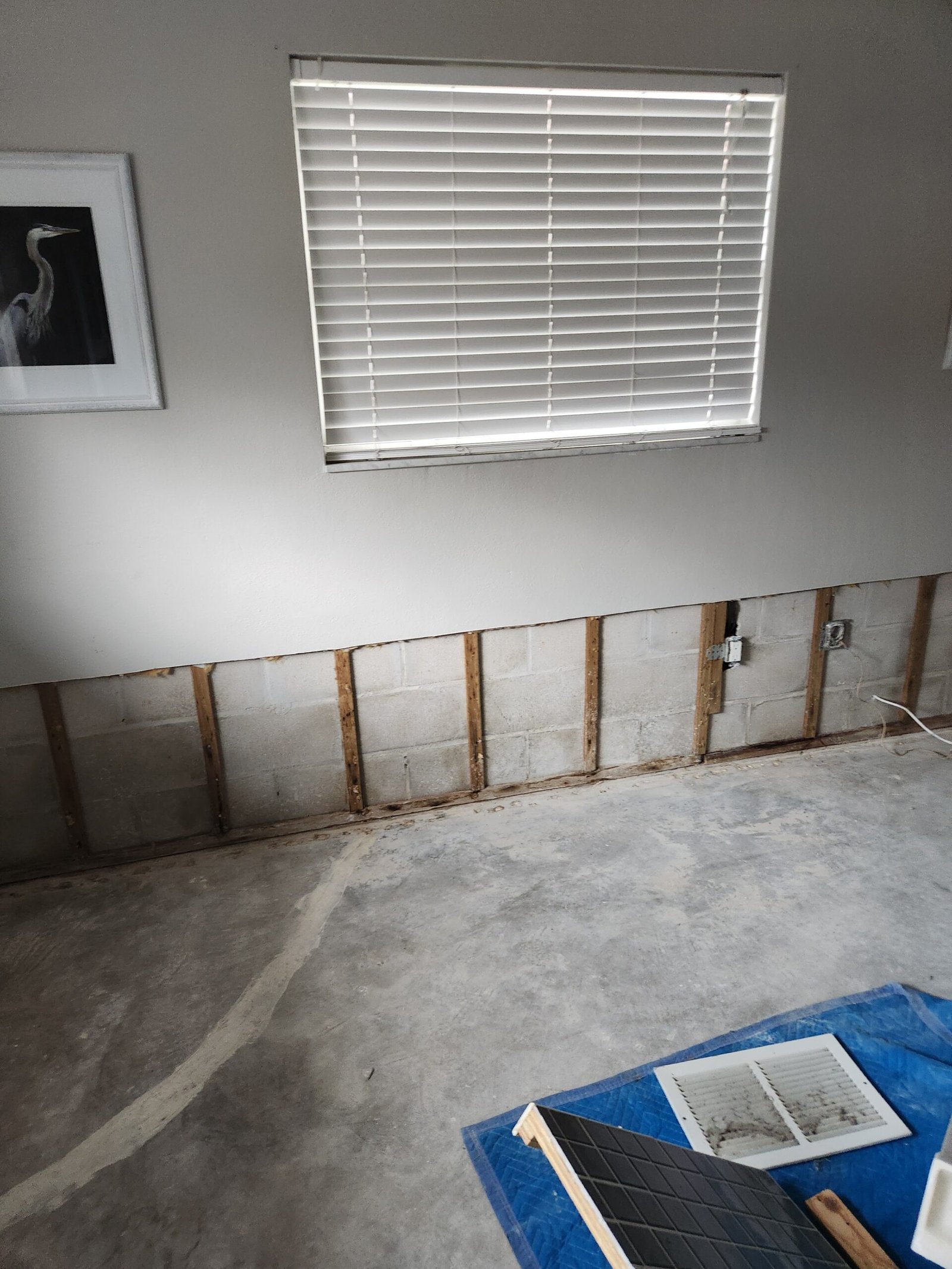
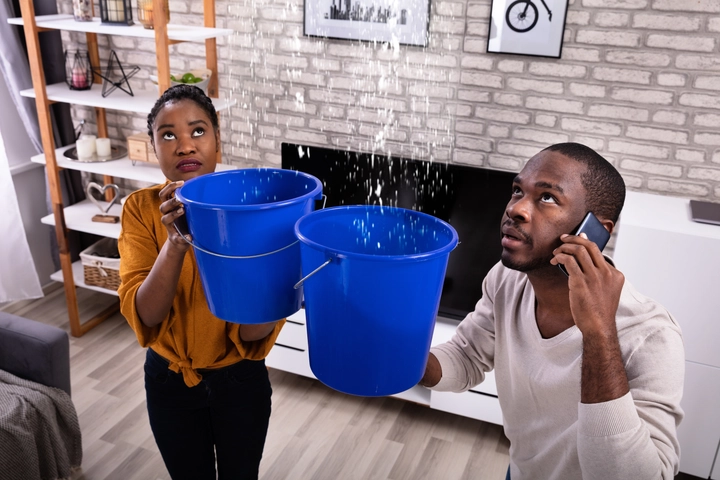
What to Do After a Fire - Use Caution
- Assess whether it’s safe to stay in the house. Follow guidance from first responders.
- Watch for electrical hazards and debris.
- Only attempt activities that are safe for you to perform.
- Wet materials can be very heavy. Wait for officials to clear the structure first.
- If safe to enter, and weather permits; open windows and doors to “air out” the structure and help remove the smoke smell.
- Only take photos from a safe distance until officials have given the "all clear."
What To Do After a Fire:
Limit Movement
Don’t turn on ceiling fixtures if ceiling is wet or enter rooms where ceilings are sagging from retained water.
Cover Traffic Areas
Place clean towels or old linens on rugs, upholstery and carpet traffic areas.
Empty Fridge & Freezer
If electricity is off, empty the freezer and refrigerator and prop open the doors.
Wash Plants
Wash houseplants on both sides of the leaves.
Change Filters
Change your HVAC filter.
What You Should Not Do After a Fire:
Don't Wash Walls or Carpet
Don’t attempt to wash any walls or painted surfaces or shampoo carpet or upholstery without contacting your local SERVPRO as using the inappropriate product or method could lead to additional or irreversible damage.
Don't Clean Electrical Appliances
Don’t attempt to clean any electrical appliances, including computers or digital devices that may have been close to fire, heat or water without consulting an authorized repair service.
Don't Eat Soiled Food
Don’t use any canned or packaged food or beverages that may have been stored near the fire, heat or water.
Don't Turn On The Lights
Don’t turn on ceiling fixtures if the ceiling is wet. The wiring may be damaged.
Don't Clean Your Clothes
Don’t send garments to an ordinary dry cleaner. Improper cleaning may set smoke odor.
Don't Touch Soot Covered Items
Don’t touch soot-covered items with bare hands. Oils from your skin can cause the soot to permanently stain surfaces.
Steps In Our Fire Restoration Process
1. Emergency Contact
The restoration process begins when you call your local SERVPRO location or SERVPRO's Customer Care Center, both Of which are staffed 24 hours a day. Our specialist will ask a series Of questions regarding the fire damage event that will help us dispatch the nearest SERVPRO professionals to your location.
2. Inspection & Fire Damage Assessment
Our professionals will carefully inspect and test adjoining rooms Of your property to determine the extent Of the fire, smoke and soot damage. This Step is crucial in developing a plan Of action. We work alongside investigators, insurance companies and the fire marshal to determine the type, degree of and extent of damage to materials and belongings.
3. Immediate Board-Up & Roof Tarp Service
Fire damage can Often compromise windows, walls and roofs. TO maintain security and to protect against further damage, SERVPRO can board up missing windows and walls and place tarps on damaged roofs. We also Offer debris removal, installation Of emergency power and temporary lighting, temporary structural repairs and more.
4. Water Removal & Drying
If water damage is present, the water removal process will begin almost immediately and removes the majority Of the water. We will then use dehumidifiers and air movers to remove the remaining water and complete the drying process.
4. Removal of Smoke & Soot From All Surfaces
SERVPRO professionals use specialized equipment and techniques to remove smoke and soot from ceilings, walls and other surfaces.
5. Cleaning & Sanitizing
We remove affected materials while minimizing damage to unaffected or restorable surfaces. Our professionals can inventory non-salvageable property and assist in packing, relocating, cleaning and storing of personal property. We also offer restoration of specialty items such as art, electronics and documents.
6. Repairs and Construction
After these initial steps, your home may need construction work to get your property back to its pre-loss condition. The repair Step can be minor repairs or rebuilding entire areas Of your home. We can simplify the restoration process by handling both the initial damage mitigation and rebuilding the affected areas. Having one qualified company for the entire process can save time and keeps costs low.
7. Repairs and Construction
After these initial steps, your home may need construction work to get your property back to its pre-loss condition. The repair step can be minor repairs or rebuilding entire areas of your home. We can simplify the restoration process by handling both the initial damage mitigation and rebuilding the affected areas. Having one qualified company for the entire process can save time and keeps costs low.
Fire Damage FAQs
How to clean up water damage in a home?
When a water emergency occurs in your home or business, it’s only natural to want to take action immediately. Below are some preliminary steps you can take before we arrive, but only attempt what you can do safely.
- Shut off the water source, if possible. If you’re not sure where the water is coming from, we’ll inspect and handle the situation as soon as we arrive. If you don’t know how to shut off the water, contact a plumber to help.
- Remove excess water by mopping, blotting, or wiping. This could include flooring and hard surface furniture which has standing water on it. Do not use your household vacuum to remove water, since it could cause damage to the vacuum or be unsafe.
- Protect carpet, rugs, drapes, and upholstered items from further damage. Place aluminum foil or parchment paper between furniture and wet carpet or rugs. Remove books, magazines, or other colored items from carpets and rugs. Hang draperies up with coated hangers to avoid contact with wet floors. Remove pillows or cushions from wet upholstered items.
- Avoid using electric or electronic items that have come into contact with water. This may include items such as light fixtures, ceiling fans, televisions, or appliances. If there is a possibility that someone else on the property may turn on an electric item that has come in contact with water, consider turning off the power to individual circuits within the power distribution panel of the property.
What is the typical cost for water damage restoration?
The cost of a water loss will vary greatly depending on the severity of the situation.
What is water damage restoration?
When water intrudes into a home or business, water damage restoration may be required. Water damage restoration is the professional process of removing unwanted water, drying and cleaning the structure and/or contents, and returning the property to its pre-loss condition. This is completed by professional technicians who are certified to follow industry standards using the proper methods and tools.
Is it safe to stay in a flooded home?
It may not be safe to stay in a flooded home or business. If you come into contact with or ingest flood water, it can make you sick if the water is contaminated. Standing water inside a structure that was inhabited also poses an electrocution risk, as appliances and electrical outlets can continue to be live and energized.
How do you restore water damage?
We’ll inspect your home or business and discuss with you the severity of damage and our plan for helping return your property back to pre-loss condition. We’ll then work to remove the water that shouldn’t be there using pumps and water extracting tools. Materials that cannot be restored, may be removed. Once the excess water is gone, we use dehumidifiers and other specialized drying equipment to help return the area to pre-loss condition. The drying process is then continually monitored. We clean and deodorize restorable contents and areas of the structure that need attention.
Recommended For You

24-Hour Emergency Contact
The cleanup and restoration begins with a phone call. When you are dealing with water damage, immediate…..
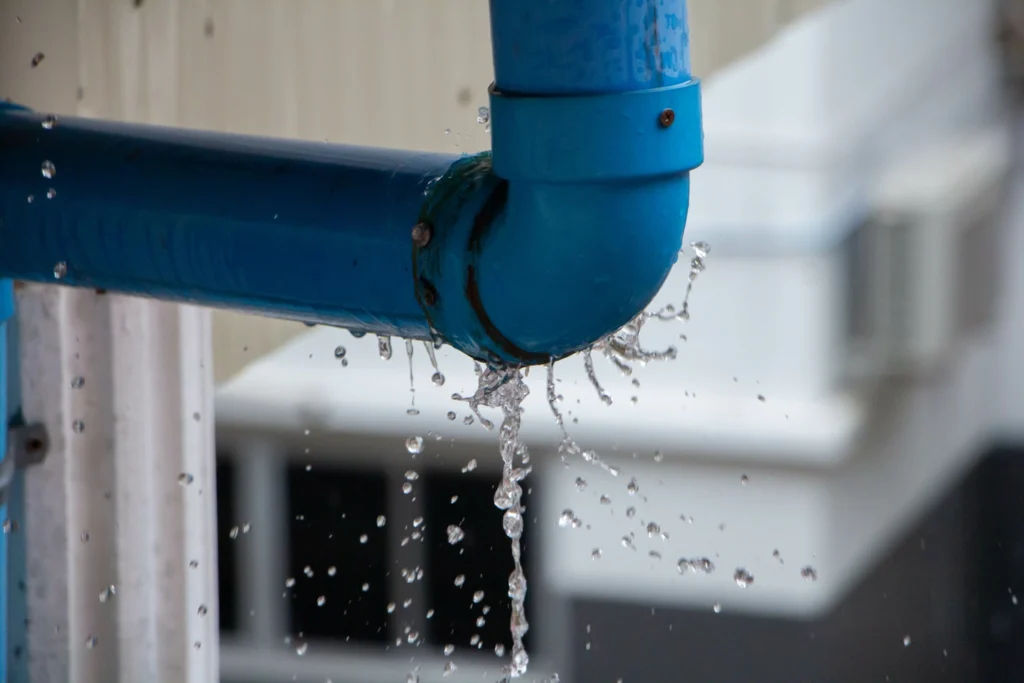
The Water Damage Restoration Process
SERVPRO® has the expertise and equipment to quickly restore your property to pre-water damage condition. We use a…..

Water Damage Emergency Tips
What You Can Do Until Help Arrives After any water damage situation, your primary focus should be…..
